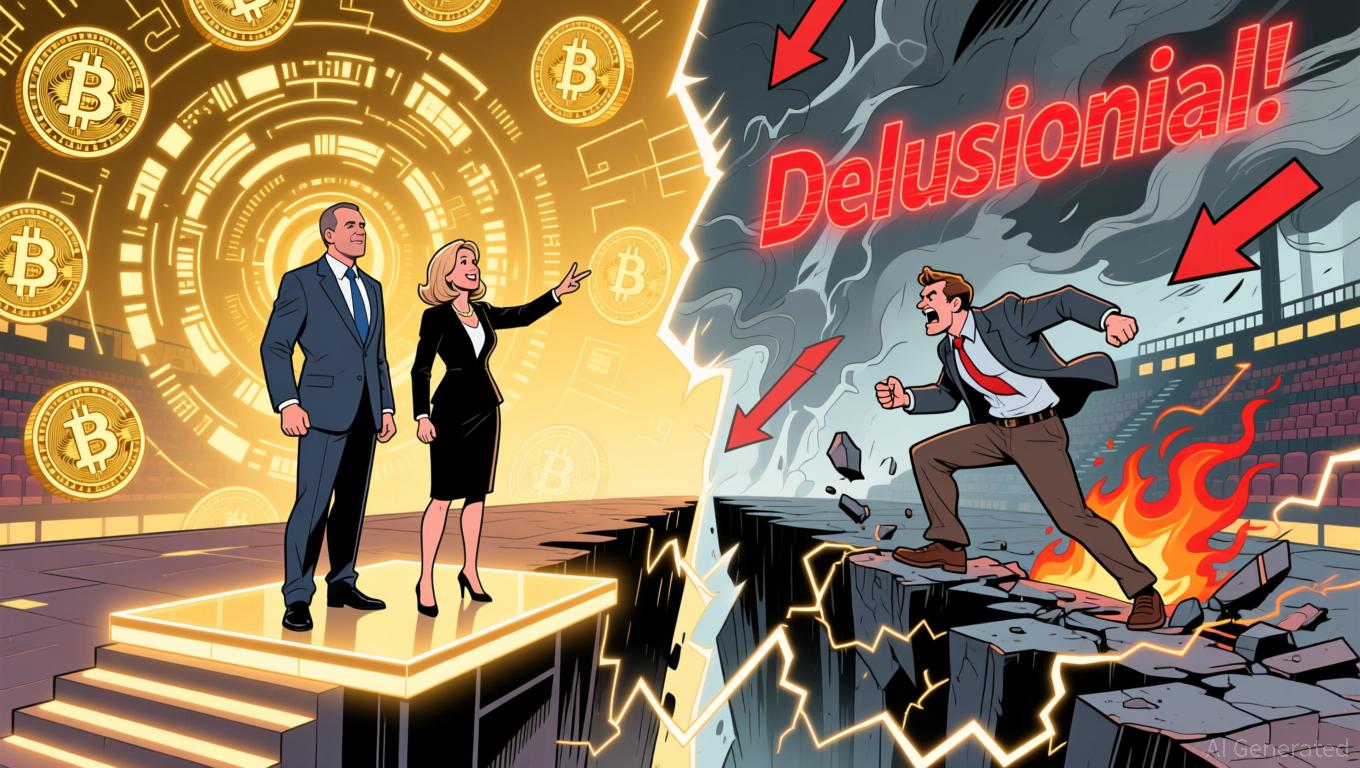US Government Seizes $13 Billion in Bitcoin Amid Allegations
- Main event, leadership changes, market impact, financial shifts, or expert insights.
- Assets seized amid criminal proceedings.
- No evidence of a state-sponsored hack.
No credible evidence supports the claim that the US government hacked Chinese Bitcoin wallets to steal $13 billion BTC. Official findings indicate the funds were initially compromised via weak wallet keys linked to the LuBian mining pool.
Points Cover In This Article:
ToggleThe US government has seized approximately $13 billion in Bitcoin tied to Chinese wallets amid allegations of hacking by China’s National Computer Virus Emergency Response Center.
Amid Allegations
Amid the absence of credible evidence, claims that the US government hacked Chinese Bitcoin wallets have emerged. The US Department of Justice (DOJ) is pursuing Bitcoin seizure as part of Chen Zhi’s case. Primary allegations come from China’s CVERC, asserting state-level hacking involvement. The DOJ obtained Bitcoin, referencing ongoing fraud and money laundering cases against Chen Zhi and the Prince Group.
“The theft can be traced to wallets created with insufficient entropy in their private keys, not direct compromise of China-controlled infrastructure by a state attacker.” — Arkham Intelligence
Immediate Impacts
Immediate impacts include heightened scrutiny of cryptocurrency security and government intervention. No broader market effects on Ethereum or DeFi ecosystems have been detected, with the focus on Bitcoin clusters. The political ramifications involve US-China tensions over digital currency handling. Financial implications include the US government’s control over seized BTC assets, now held for forfeiture.
Weak Private Keys and Potential Outcomes
Extensive research highlights how weak private keys led to the BTC wallet compromise. The incident is noted for its size and complexity, linking to prior major Bitcoin seizures . Potential outcomes involve increased global regulatory discussions on cryptocurrency oversight and digital asset security. Future technological advancements could address current weaknesses in wallet security.
Disclaimer: The content of this article solely reflects the author's opinion and does not represent the platform in any capacity. This article is not intended to serve as a reference for making investment decisions.
You may also like
Bitcoin Updates: Crypto Enthusiasts and Conventional Experts Debate $1 Million Bitcoin Projection

Berkshire’s Wager on Alphabet: Fresh Leadership Challenges Buffett’s Doubts About Tech
- Warren Buffett's Berkshire Hathaway made its first major $4.3B Alphabet investment in 27 years, signaling leadership transition and strategic shift under incoming CEO Greg Abel. - The move contrasts Buffett's historical tech skepticism, reflecting growing influence of managers like Todd Combs who steered recent tech bets including Amazon shares. - Simultaneous 15% Apple stake reduction and Bank of America divestment highlight risk diversification, while Alphabet's valuation and cash flow justify cautious

The Emergence of ICP Caffeine AI and Its Impact on Decentralized Computing Markets
- ICP Caffeine AI, developed by DFINITY, redefines decentralized compute by enabling AI app development via natural language and reducing inference costs by 20–40%. - Its reverse-gas token model and "chain-of-chains" architecture boost scalability while creating deflationary incentives, attracting $237B TVL but facing 22.4% dApp activity declines. - Competitors like Palantir ($1.18B Q3 revenue) and struggling BigBear .ai highlight ICP's unique censorship-resistant niche, though centralized rivals maintain
Hyperliquid News Today: Reduced Fees or Doubts? Hyperliquid’s Bold Strategy for Expansion
- Hyperliquid, a top-20 DeFi exchange, faces a 25% HYPE token price drop to $25 amid market volatility and declining investor confidence. - Its HIP-3 Growth Mode initiative slashes trading fees by 90% to attract new markets but has yet to reverse downward trends or boost liquidity. - Analysts warn fee cuts may not address long-term user retention challenges in a crowded DeFi landscape dominated by centralized rivals like Binance. - Market skepticism persists as traders await volume explosions and tighter s